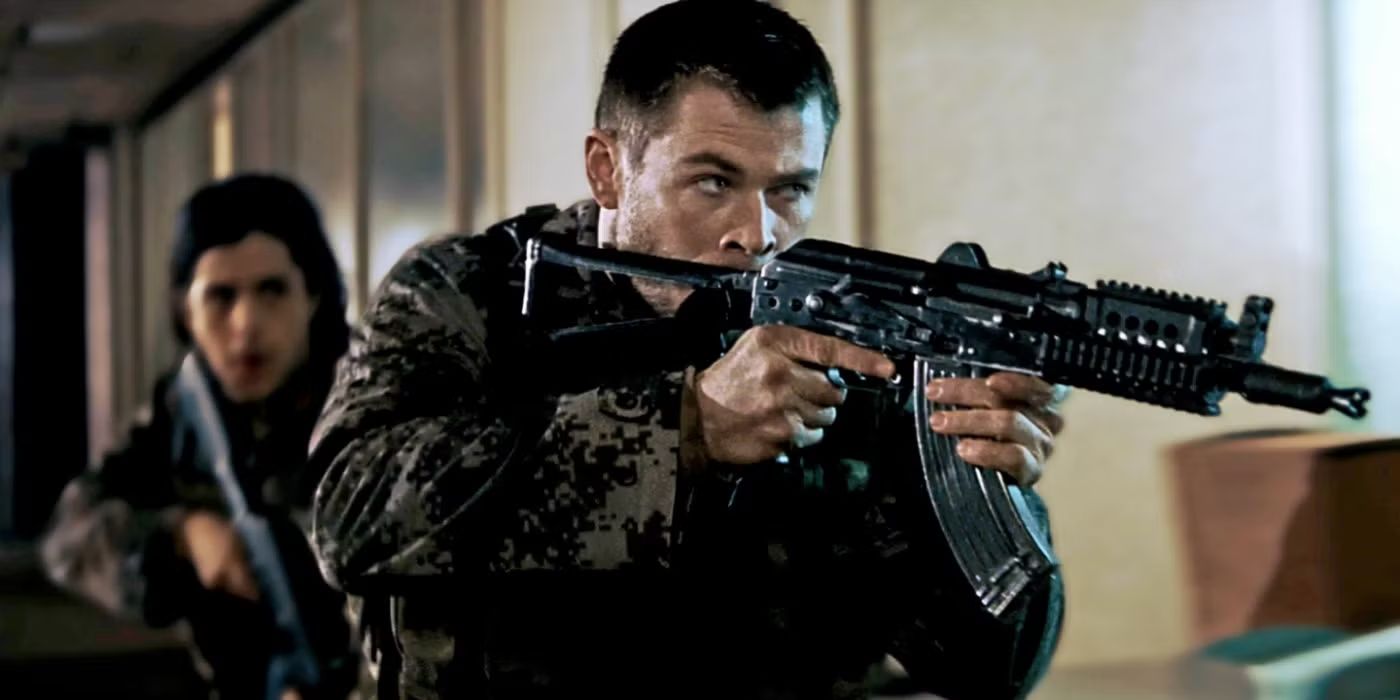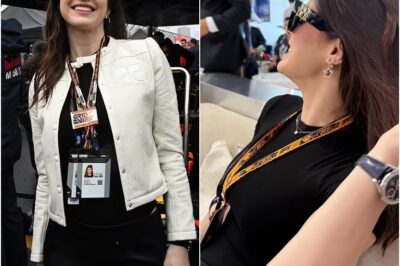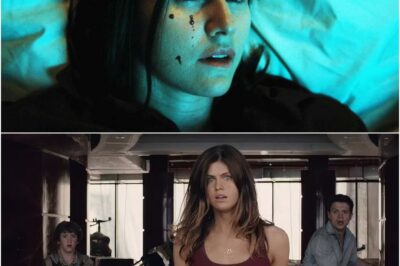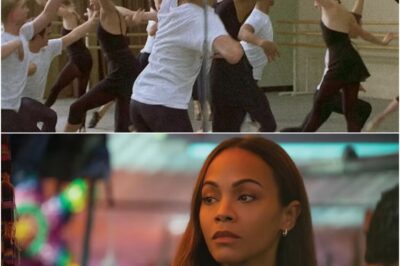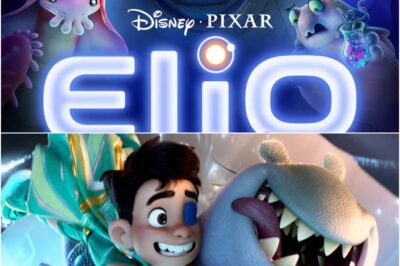
But even with Hemsworth’s star power and the fact that he had four major films in 2012, the Red Dawn remake was unanimously declared to be one of the worst films of its year.
The only interesting thing about this remake is that, thanks to a technicality, it wasn’t the film that introduced audiences to Hemsworth. Red Dawn was actually Hemsworth’s first real leading role, and it was so bad that it would’ve tanked his career if it were released on time.
Red Dawn (2012) Was Technically Chris Hemsworth’s First Leading Role in a Film
The Film Was Delayed Due to Outside Circumstances
Hemsworth had been an actor ever since the 2000s began, but he only started starring in films in 2009. Before then, he got consistent work in TV shows and dramas. When he finally made it to the big screen, he started with small roles or playing second fiddle to an A-lister like Sean Bean in Ca$h.
Hemsworth’s most notable role in a film before he became Thor was Capt. George Kirk, James T. Kirk’s father in the Star Trek reboot.
George Kirk’s only claim to fame in the new Star Trek trilogy was dying in the first film’s prologue. Shortly after, Hemsworth got his big break when he was cast as Jed Eckert in the new Red Dawn. Hemsworth’s character was originally played by Patrick Swayze in the original 1984 film.
Producers addressed this by ordering reshoots that replaced the Chinese soldiers with North Korean soldiers. Propaganda posters and the soldiers’ insignia were physically and digitally altered to accommodate this change.
The reshoots were most obvious in the awkward prologue and voiceovers, which hurriedly summarized how North Korea amassed an army large enough to invade America by air. This was all reportedly done to placate Chinese authorities in the hopes that they’d allow Red Dawn to be shown in China.
This remake wasn’t the first nor only American film that desperately and questionably tried to get in Chinese censors’ good graces in the name of capturing the country’s lucrative box office.
Red Dawn (2012) Squandered Chris Hemsworth’s Charisma & Talents
The Film Gave the Actor Nothing to Work With
Instead of showing what war would do to a typical small-town resident, the remake’s Jed was a generic action hero. He only existed to kill the bad guys, avenge his father, toughen up sheltered teenagers, and recite patriotic platitudes.
Jed’s only flaw was that he cared so much for his younger brother, the reckless Matt, that he scolded him more than he should’ve.
Hemsworth is a versatile action star who’s also capable of showcasing different emotions and personalities, but Jed put none of the actor’s skills to good use.
He’d have to wait until Thor: Ragnarok to really break out of the action hero’s cold typecast he was stuck in for a while. It says a lot that the most interesting thing that Red Dawn did with Hemsworth was abruptly kill his character before the final firefight commenced.
Jed was far from the only boring military-adjacent action hero in the films of the 2010s. Red Dawn was made in the immediate aftermath of the September 11, 2001 terror attacks and the ensuing Global War on Terror.
American films, especially action films, of the time were especially jingoistic and propagandistic.
They capitalized on the zeitgeist’s zealous nationalism and fearmongering. Jed and others like him were blank slates who personified an idealized vision of the American army and the country’s fighting spirit, not actual characters.
Jed could easily be mistaken for other similarly empty professional soldiers like Chris Kyle in American Sniper, Roy Miller in The Green Zone, or literally any of the interchangeable soldiers in Black Hawk Down. Action heroes like Jed are still present, but they’re thankfully not as commonplace as they were a decade or so ago.
Red Dawn (2012) Failed in Just About Every Regard
The Film Could’ve Ended Chris Hemsworth’s Career Early
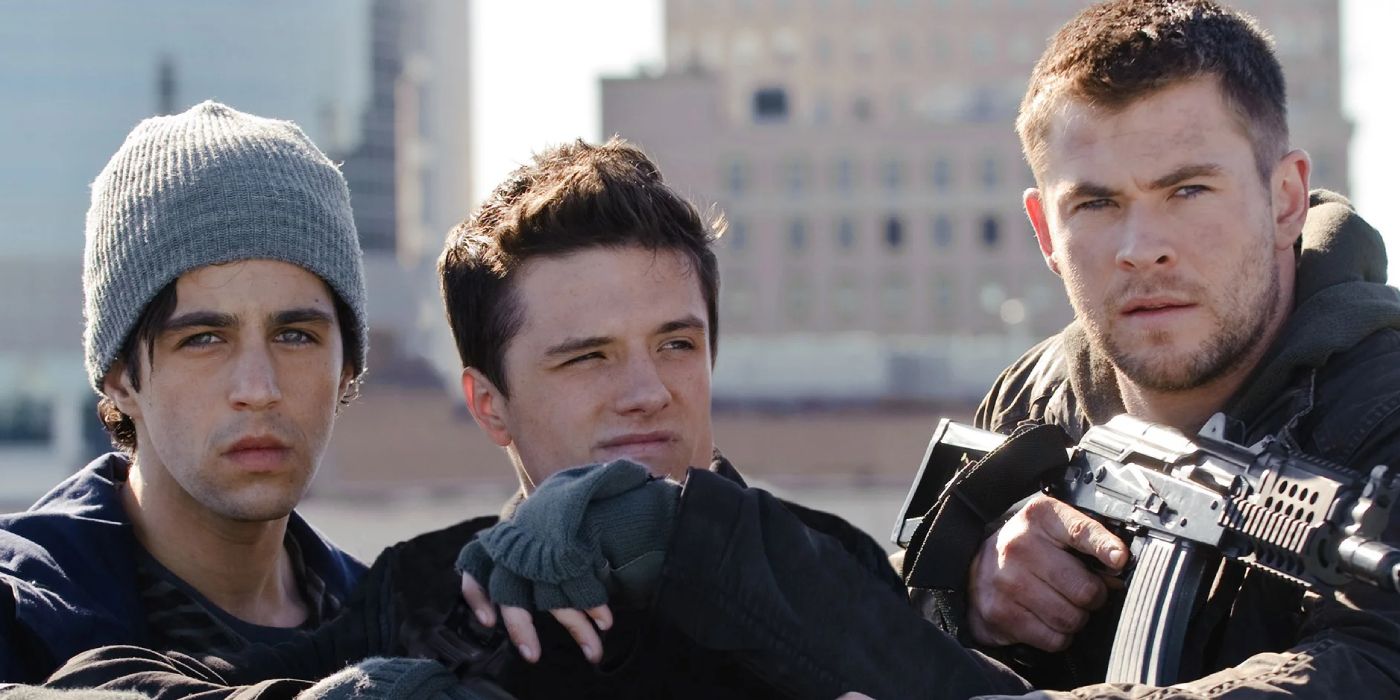
For all its faults — most notably its fearful and distrustful worldview — the original Red Dawn couldn’t be faulted for its humanity and attempts at depth. The remake, on the other hand, had none of these. Against all odds, Red Dawn’s remake was somehow more jingoistic but less human and patriotic than the original.
The remake had no interest in examining its premise’s nuances, or its characters’ depths. All it wanted to do was pit noble all-American archetypes against a bunch of stereotypical enemies. To say that the film embodied the worst of American culture and life in the 2010s would be an understatement.
Jed perfectly encapsulated everything wrong about Red Dawn’s remake from a creative and ideological standpoint. He was an empty vessel for fervent nationalism and militarism, and nothing else.
The worst thing about Jed was that he the worst possible representation of Hemsworth as an actor. Jed lacked Hemsworth’s strengths, and showed how even a gifted actor like him struggled with such a vacant script and character.
If Jed was audiences’ first impression of Hemsworth instead of Thor, his acting career would’ve ended before it even began.
Red Dawn (2012) is now available to watch and own physically and digitally.
News
BREAKING: Lily Collins’ EMOTIONAL 36th Birthday—‘First as a Mama!’ Shares RARE Photos of Baby Tove & Husband Charlie!
Lily Collins celebrated her ‘first birthday as a mama’ as she turned 36 on Tuesday – and shared sweet family snaps…
BREAKING: White Lotus Star Alexandra Daddario TURNS HEADS at Australian Grand Prix—VIP Photos LEAKED
Alexandra Daddario flaunted her luxurious life at the Formula One Grand Prix in Melbourne. The White Lotus star, 39, was pictured on the grid…
I’m Convinced Alexandra Daddario Is The Perfect Casting Choice To Play Wonder Woman In James Gunn’s DCU
Alexandra Daddario has all the needed elements to bring Wonder Woman to life in the new DC Universe and make her performance as memorable…
Zoe Saldaña Says Oscars Rejecting ‘Avatar’ Acting Is ‘Quite Deflating’: ‘You’re Overlooked and Then Minimized and Completely Disregarded’
Zoe Saldaña, the acclaimed actress known for her roles in blockbuster franchises like Avatar and Guardians of the Galaxy, has never been one…
BREAKING: Zoe Saldaña’s FORGOTTEN Ballet Movie DESTROYS Her Oscar Role—Fans SCREAM ‘This Is Her REAL Masterpiece!’
Emilia Pérez is not the first time Zoe Saldaña has danced on screen, and her ballet performance in Center Stage showcased her musical…
BREAKING: Pixar’s NEW Movie Trailer LEAKED—Starring Oscar-Winning SUPERSTAR! Fans SCREAM ‘BEST ANIMATION EVER!’
After winning the Oscar for Best Supporting Actress for her performance in Emilia Pérez, Zoe Saldaña’s next movie will be the Pixar sci-fi movie Elio….
End of content
No more pages to load

